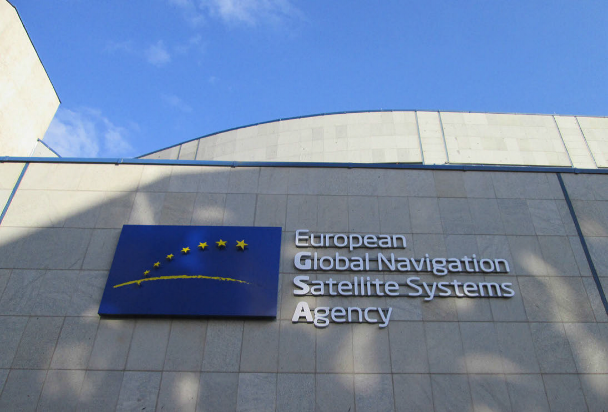OPINION
By Andrew F. Bach
Now that Europe’s problems with Galileo have abated, at least for a while, I would like to offer a few thoughts.
I am personally very reluctant to second-guess the poor people sitting in the operations hot seat having spent many a year in that position myself.
That said, and without speculating on what went wrong technically, a few process issues are quite clear already.
First, the objective even during a system testing phase should be to restore service, not seek out the root cause and solutions. Can you imagine the impact if due to a network issue we kept a stock exchange closed for days or weeks seeking the root cause of a network problem? Service restoration must be first, even at the expense of losing data that may aid in the understanding of the root cause.
My second issue is the lack of transparency and remarkably poor communications from Europe’s GNSS Agency (GSA).
No one can run a business where your service supplier only tells you they will not provide the service and will update you at some point days or weeks in the future, when or if service will be restored.
What GSA was very effectively communicating is that they don’t have a backup plan for service restoration and why we all need a terrestrial alternative to GNSS service. We can thank the European Global Satellite System Agency for making a vital component of the business case for eLoran.
Andrew F. Bach is a consultant advising on the next generation of ultra-high-performance infrastructure and globally synchronized precision timing for the Financial Service Sector. He is a member of the Resilient Navigation and Timing Foundation’s International Advisory Board.


